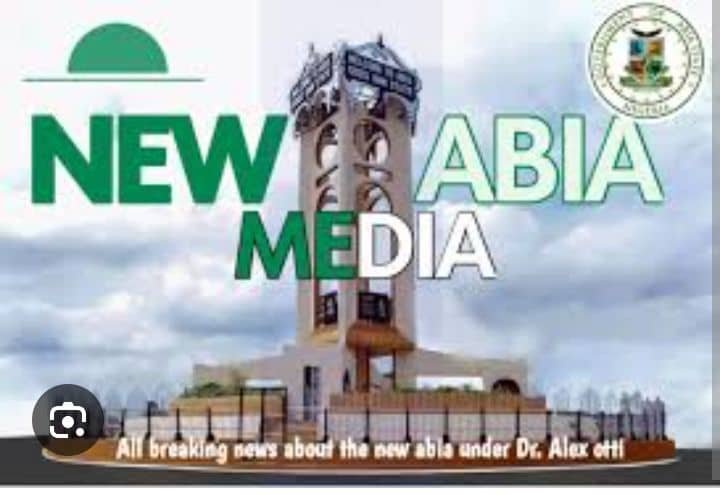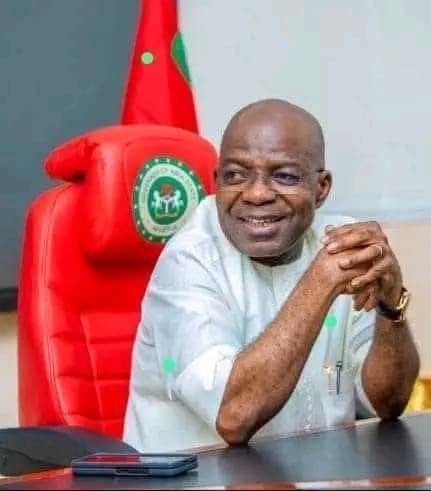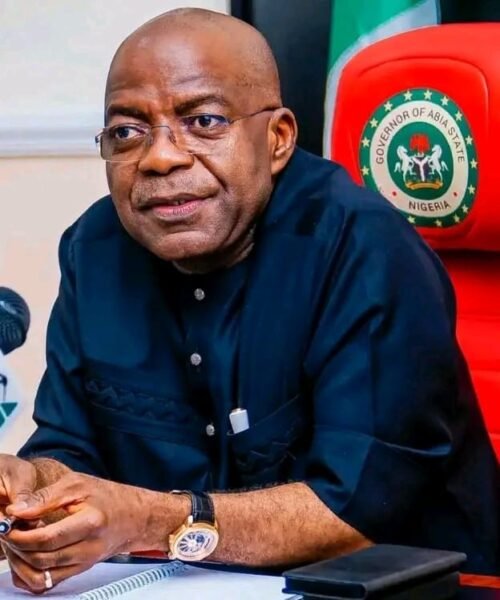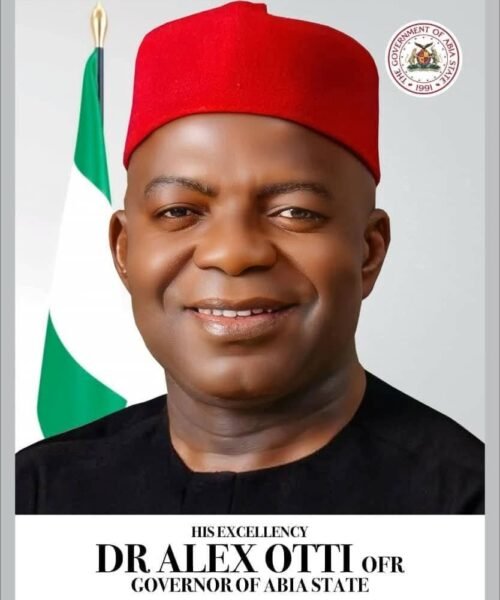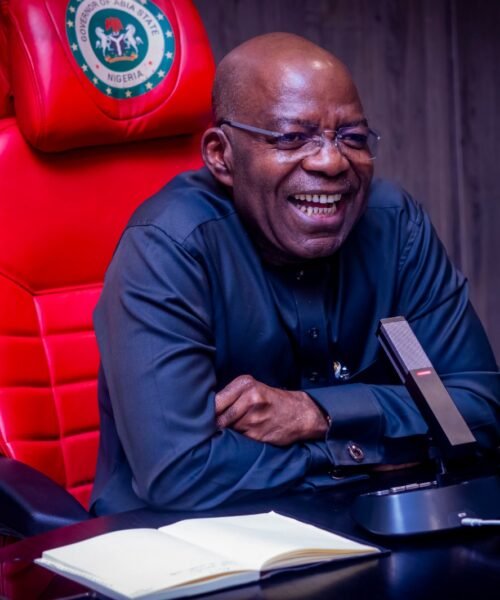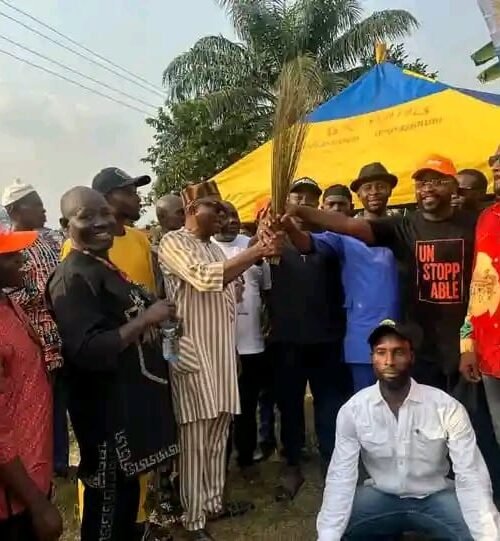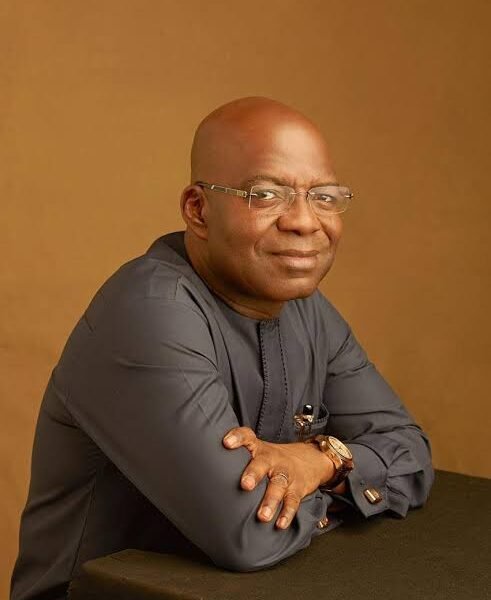Media-Driven Development and the Afro-Modernity Blueprint
Abia State, Nigeria’s southeastern dynamo, is scripting a media-propelled development narrative akin to Rwanda’s post-2000 Image of Africa rebranding and Singapore’s state-crafted “Lion City” identity. By leveraging media as a strategic tool, Abia has amplified its industrial resurgence, spotlighting the $1.5 billion Enyimba Economic City—a project likened to Dubai’s Jebel Ali Free Zone in scale—through partnerships with Channels TV, Arise News, and BBC Africa.
This mirrors Rwanda’s use of international media to pivot from “genocide nation” to “Africa’s Singapore” (BBC, 2021). The state’s SME sector, contributing 30% of GDP, thrives on viral “Made-in-Aba” campaigns, echoing India’s “Make in India” media blitz that boosted FDI by 19% (World Bank, 2022).
Governor Alex Otti’s infrastructure revolution, including the $800 million Geometric Power Plant, is framed as “Africa’s energy game-changer” in documentaries aired on CNBC Africa, a tactic reminiscent of China’s CCTV-9 “New Silk Road” propaganda. Critics argue unemployment remains 25%, yet media narratives emphasize 15% IGR growth (NBS, 2023) and 40% industrial productivity spikes post-electricity reforms (World Bank, 2024), mirroring Rwanda’s focus on GDP growth over inequality critiques.
Here, media isn’t just reporting progress—it’s engineering a perception revolution, much like Dubai’s Al Jazeera-powered rise.
Nollywood, New Narratives, and the “Aba Rising” Phenomenon
Abia’s human capital revolution is turbocharged by media’s cultural hegemony, drawing lessons from Nollywood’s global soft power and Bollywood’s “Incredible India” campaigns. The state’s “One Youth, One Skill” initiative, which trained 20,000 artisans in 2023, is dramatized in the Nollywood series Aba Rising—streamed 5 million times—mirroring how Rwanda’s Kwibuka films reshaped post-genocide identity. This aligns with Benedict Anderson’s Imagined Communities theory, where media constructs collective pride. Social media hashtags like #MadeInAbaNow trend globally, akin to Ethiopia’s #VisitEthiopia tourism revival, driving SME exports up by 22% (Abia Trade Report, 2024). UNESCO praises Abia’s 72% literacy rate, but it’s the state-funded TV show Aba Innovators, profiling shoemakers-turned-exporters, that inspires grassroots entrepreneurship—paralleling Kenya’s use of Citizen TV’s Startup Africa to glorify tech hubs. Even healthcare gains, like the 40% maternal mortality drop, are broadcast via interactive YouTube town halls, a tactic borrowed from Rwanda’s Health TV.
Detractors dismiss this as propaganda, but as The Economist noted in 2023, “Media myth-making built Silicon Valley; why not Aba?” By fusing Lee Kuan Yew’s pragmatism with Nollywood’s storytelling flair, Abia weaponizes media to rebrand grit as glory—proving, like Dubai and Rwanda, that development is as much screens as steel.

Dr Chukwuemeka Ifegwu Eke writes from the University of Abuja Nigeria

